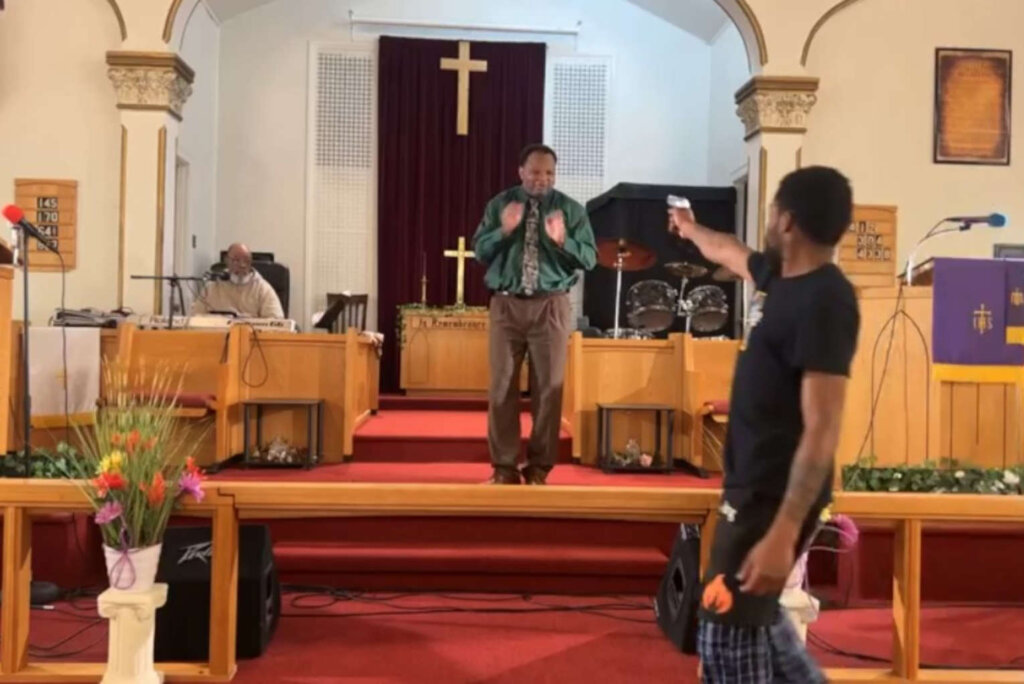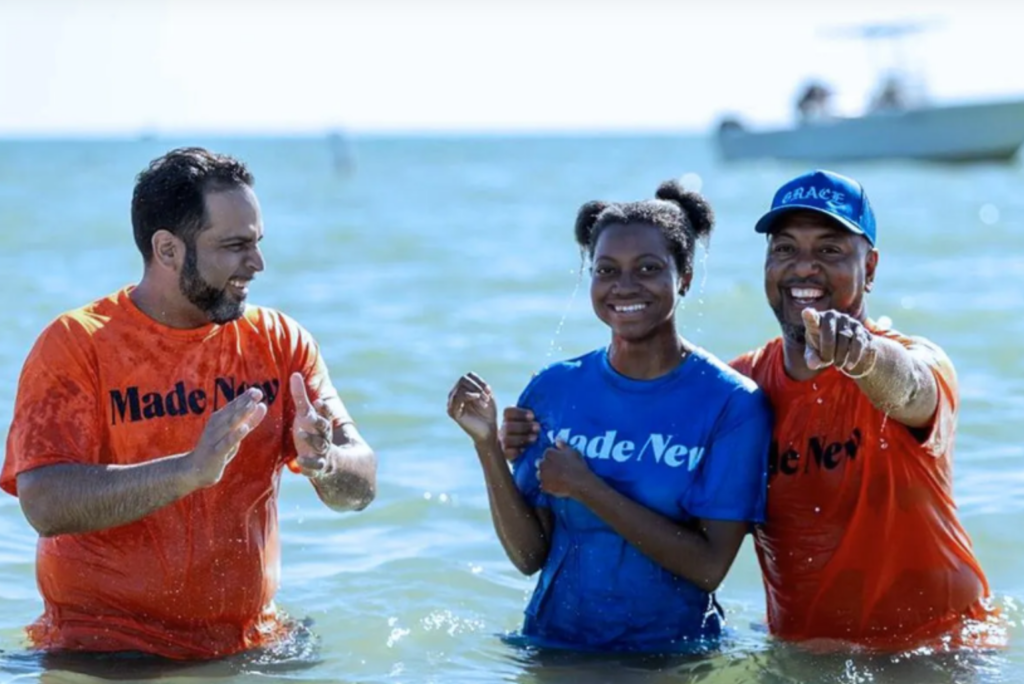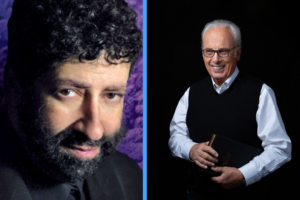Donors are more than three times likelier to give online in response to a direct-mail appeal than an e-appeal, according to a new national Dunham+Company study.
The study, conducted by research firm Campbell Rinker, found that 17 percent of donors who gave on a charity website in 2011 said that a direct-mail letter prompted their online gift versus only 5 percent who said they gave online because of an e-mail. The ratio was slightly more than 2-to-1 in a study conducted for Dunham+Company in October 2010.
“We conducted this survey because we wanted to see if direct mail was diminishing as a source for online donations, and if so, what was driving the increase in online giving that we were seeing,” said Rick Dunham, President and CEO of Dunham+Company. “Finding that direct mail has actually grown as a driver to online donations and that online efforts were not really moving the needle was a bit of a shock.”
In addition, 50 percent of donors surveyed in 2012 said they prefer to give online when they receive a letter in the mail from a charity. In 2010, just more than one-third of donors (38 percent) said they preferred to give online after getting a letter in the mail.
The proportion of donors ages 40-59 who reported giving a gift online in response to a direct-mail appeal rose to 47 percent in 2012 from 34 percent in 2010. Among donors age 60 or older, online giving prompted by a direct-mail appeal rose from 18 percent in 2010 to 24 percent in 2012.
Fifty-three percent of donors in households earning $75,000 or more preferred to respond with an online gift when they receive a direct-mail appeal. This is up from 42 percent in 2010. The same is true for 52 percent of women, up from 39 percent in 2010.
Interestingly, websites lost ground in driving online giving: Only 11 percent of donors said what they saw on a charity’s website motivated a gift, which is down from 15 percent in 2010. In addition, e-mail may be driving fewer donors to give online: Only 5 percent of respondents now say they gave an online gift as the result of an e-mail, compared to 6 percent in 2010.
Social media shows no real improvement in motivating an online gift among donors 40 years old or older (10 percent in this survey versus 8 percent in 2010). However, social media giving continues to grow among donors under age 40, as a full 30 percent now say they have given online because of social media compared to 24 percent in 2010.
“Charities need to be very circumspect about where they put their fundraising dollars,” Dunham continued. “It’s clear that it’s a mistake to reduce offline communications thinking the online activity is what is driving online giving. This is especially important considering the way the core donor demographic of 40 and older donors is responding online when receiving offline communications.”
The increased online giving among older donors is consistent with the findings of a Dunham+Company study in 2011 that showed half of donors 60 years old and older had given an online gift.
The most recent study was part of a Campbell Rinker Donor Confidence Survey conducted April 22-28, 2012 online among 494 adult donors who gave at least $20 in 2011. The 2010 and 2012 results were weighted by age to reflect the general U.S. population. The margin of error is plus or minus 4.4 percent at the 95 percent confidence level.
See an error in this article?
To contact us or to submit an article























